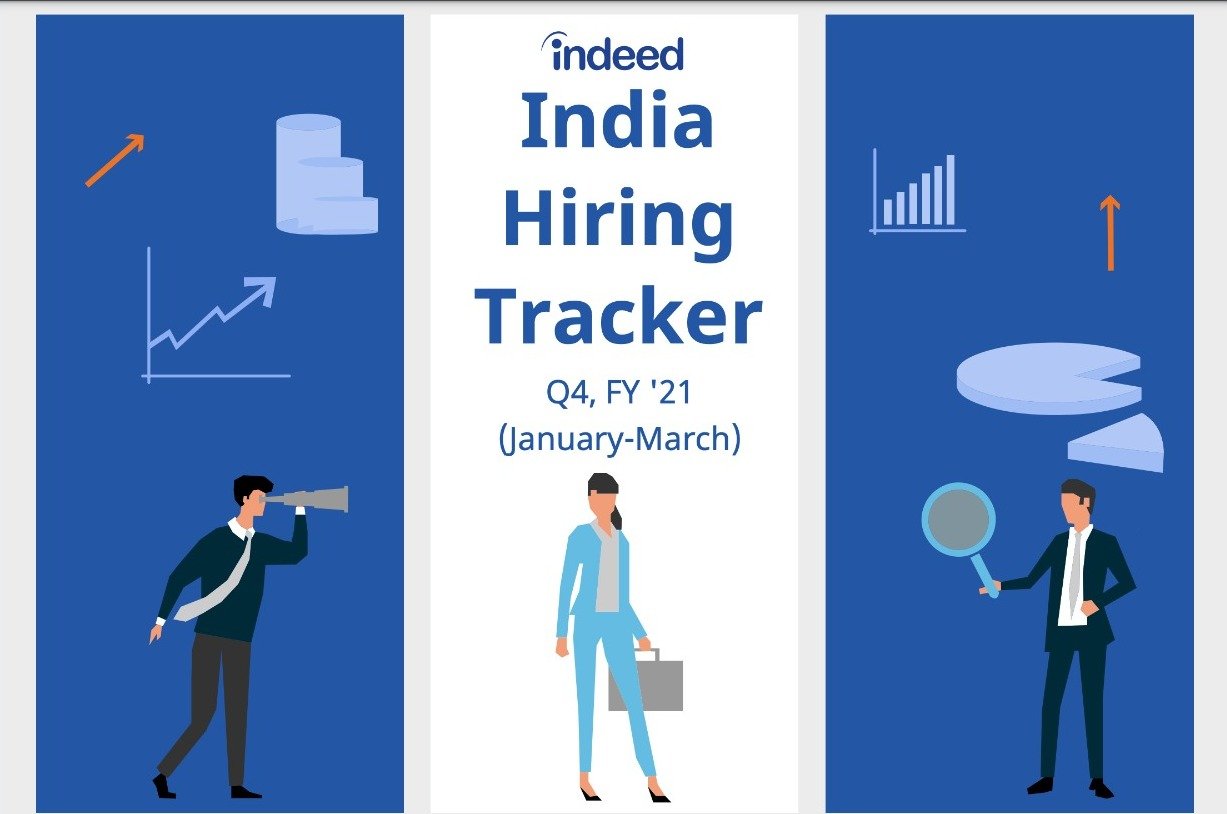The relationship between supply and demand in the Indian employment market is more unbalanced than it has ever been. The pandemic has caused unprecedented upheaval within organisations, and as business activity shows signs of gradual revival, employers have to calibrate hiring activity to suit market, talent, and consumer readiness.
The need for tracking jobseeker activity and preferences has become a key requirement to helping fix the talent supply chain and increasing mutual understanding of expectations and market reality.
To address this need, Indeed has commissioned a Quarterly Hiring Tracker to map employer and jobseeker needs and preferences. The report focuses on the quantum of hiring and job-seeking activity, roles employers prioritise, expectations jobseekers hold and how all of this comes together to facilitate a good match between the two sides. It reports insights by business sector, organisational size and type, and a bunch of talent demographics.
Besides looking at how successful employers were in fulfilling their requirements for the quarter, the tracker delves into jobseeker aspirations and factors that have influenced hiring during the January–March quarter. It also takes a quick peek into employer confidence for the coming quarter.
Hiring and job-seeking during Q4 FY ‘21 (January–March)
Hiring and job-seeking activity have flourished despite the pandemic. As many as two-thirds (64%) of all employers surveyed hired talent during Q4, FY ‘21 (January-to-March). Also, 61% of all jobseekers surveyed looked for a job (or change of job) during this period. Healthcare (82%), E-commerce (69%), and Financial Services (68%) sectors led the activity more than the remaining (Construction & Real Estate and Information Technology at 65% each). More than 50% of the Large- and Medium-sized organisations that were surveyed hired during this period, while nearly 80% of small sized organisations did not. At 75%, Bangalore led hiring activity among cities, while Chennai lagged behind all other cities at 35%



